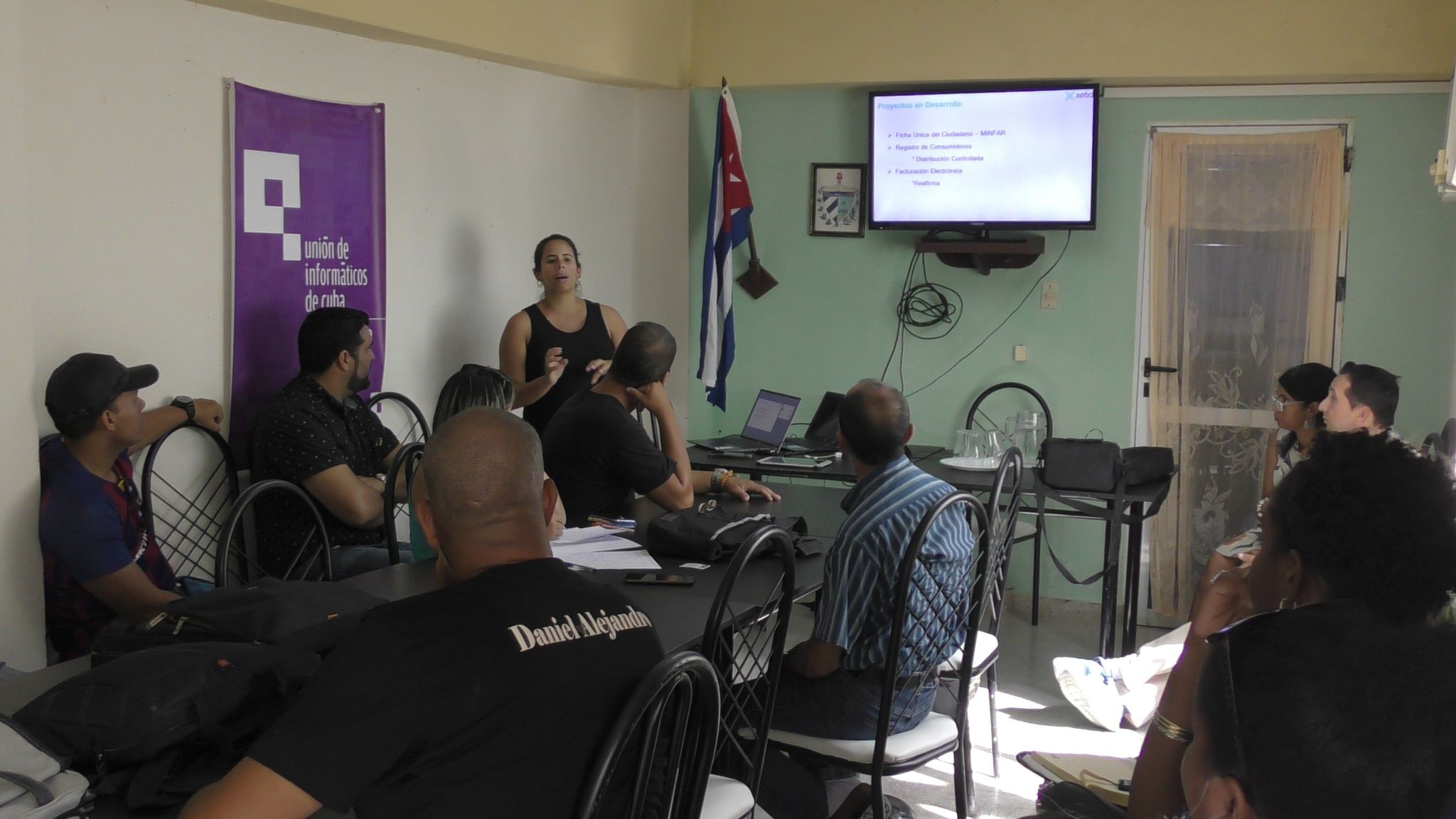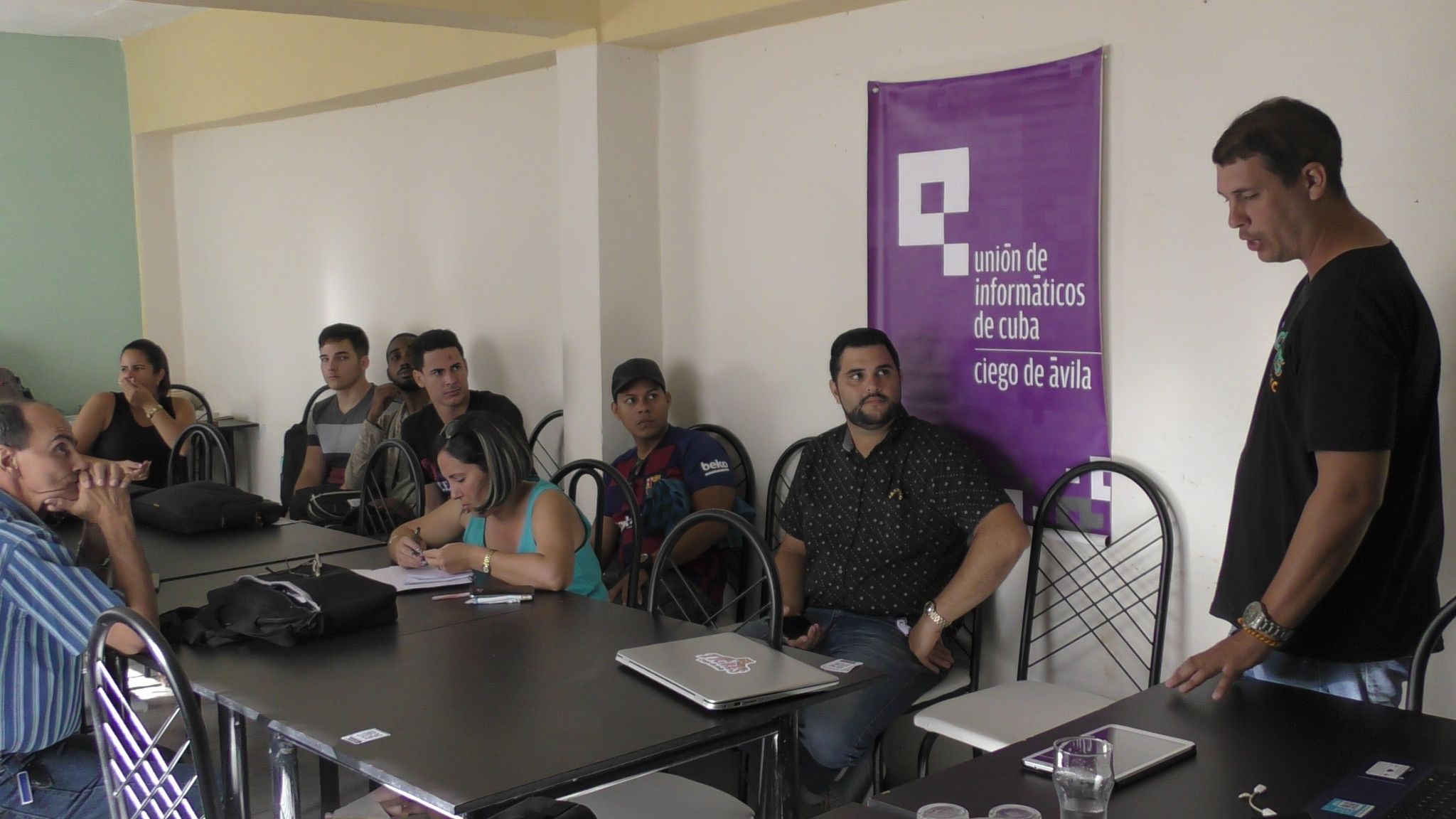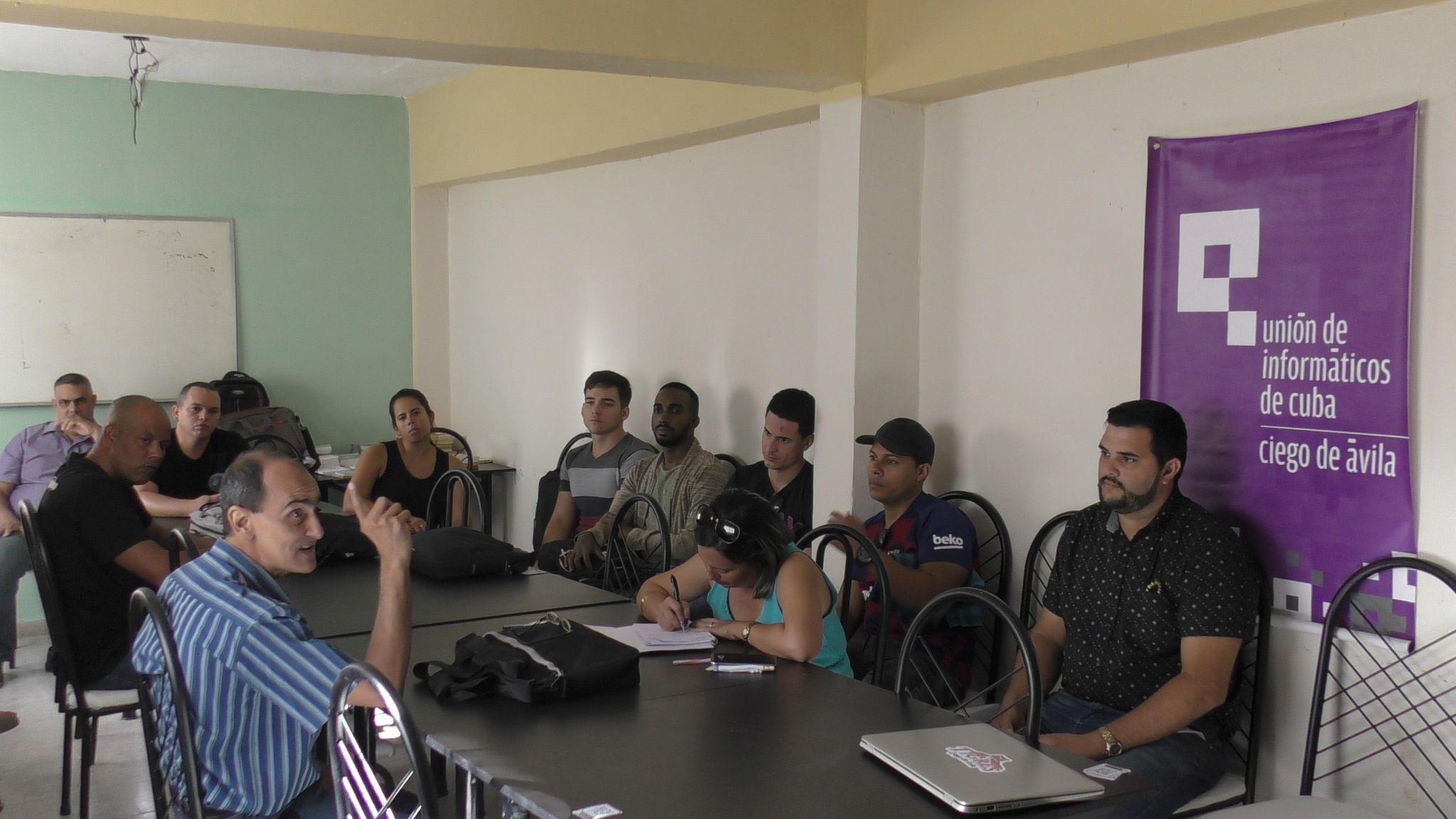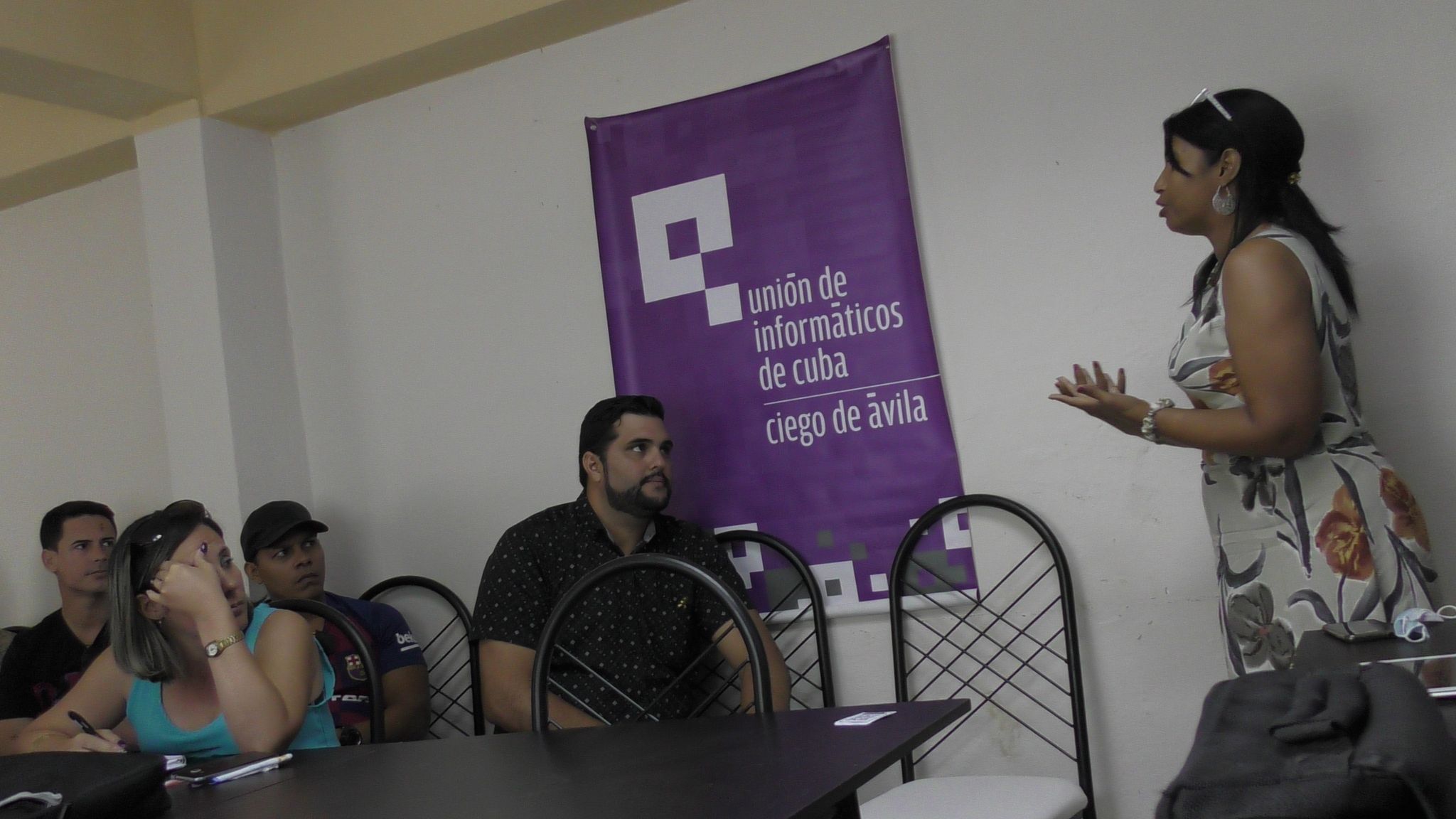
The contribution of computer programs to the development of electronic government and commerce in Ciego de Ávila was recognized during the II Internet Governance Forum (FGI), held in this province to promote the responsible and beneficial use of the Internet by citizens.
Haydée Tamayo Ramos, director of the Territorial Division of the Information Technology Company for Defense (Xetid), highlighted the preparation of programs to facilitate exchange with the Government, procedures in different institutions, and purchase and sale procedures in line.
She referred to the Welfare platform, which enables communication and a more efficient treatment of the proposals of the voters; and the so-called Single Citizen File, with opportunities for various agencies to access information of interest about the population, in accordance with the requirements for the performance of their functions.
Other applications are aimed at achieving greater agility, organization and quality in the procedures of the Civil and Property registries; the implementation of the digital signature and videoconferencing systems, financial accounting and fleet management and control, the latter with an impact on the checking of means of transportation and the reduction of fuel costs, she said.

Eduardo García Sánchez, representative of the Office of Security for Computer Networks (OSRI) in Ciego de Ávila, evaluated the relevance of increasing the culture and responsibility for the correct use of the Network of Networks, considering the insufficient risk perception of users and the myriad dangers in the digital environment.
He warned about the existence of mechanisms to decipher the psychology of people based on their behavior on social networks and the risk involved in the transfer and publication of sensitive content, both personal and work-related, because none of these platforms is totally secure.
Edelso Pérez Fleitas, president of the Union of Jurists of Cuba alluded that the resolution of conflicts originating in cyberspace requires the overcoming of jurists and is made possible from the transformations in the country's juridical-legal base, including the Penal Code.
He requested the integration between the unions of Informatics and Jurists of Cuba to favor the training of the latter in cybersecurity, so that knowledge favors quality and trust in legal processes.
Viviano Moyano Trujillo, director of the Territorial Control Office of the Ministry of Communications, insisted on the importance of the organization of computer scientists working to promote more responsible behavior with the use of information and communication technologies.

He recommended closer alliances with the press to socialize life stories capable of moving and demonstrate the disastrous consequences of mishandling computers, cell phones and other devices.
In a context marked by the incorporation of technologies into lifestyles, he reiterated the need to promote a culture of information protection and safeguard personal data, therefore, it is essential to know the risks in order to minimize them through the rational use of devices.
Reina Torres Pérez, head of the Department of Information and Social Communication of the Provincial Government of People's Power and candidate for the title of Doctor of Science, referred to the preliminary results of her thesis, which aims to determine the requirements of the Digital Government as a means to articulate the Municipal autonomy-citizen participation link in Cuba.

Developed under the slogan "Internet: inclusion, equity and sustainable human development", and with the participation of lawyers, prosecutors, sociologists, social communicators, journalists and computer scientists, the Forum advocated for a better use of connectivity to increase efficiency, productivity of work, knowledge and quality of services.

